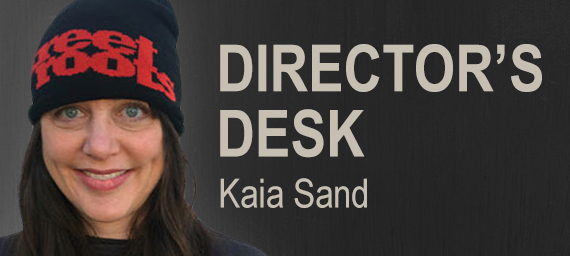Sometimes it feels like we’ve been given different maps to the same city. When your map has no residence that you rent or own, your city looks dystopian, one where your very existence is illegal, again and again. Do you need to chart your next meal? Where you are less likely to be harassed if you camp? Do you map the city according to what helps you avoid arrest?
This is a big moment. The Oregonian reported that the majority – 52 percent – of the arrests targeted people who are struggling with homelessness. How we respond to this moment defines us.
So far, Mayor Ted Wheeler has not stepped up, quibbling instead about statistics rather than acknowledging that the criminalization of unhoused Portland compounds the problem.
It’s not about whether or not you have solved homelessness, Mayor Wheeler. Many, many of us will energetically defend your point that this is a federal problem, highlighting the brutal defunding of deeply affordable housing since the 1980s.
Of course, you haven’t solved homelessness in Portland. It’s not yours alone to solve. We all need to be led to our better selves on this matter.
But we don’t need spin. We need commitment.
Here’s the thing: if you say that the only way to bring these numbers of arrests down is to end homelessness, then you are equating homelessness and criminality. Instead, we must unflinchingly evaluate what these arrest numbers reveal.
Here are some of my thoughts as we all grapple with our way forward, and I’ll expand on these points in upcoming columns:
1. People struggling with homelessness should not be profiled by the police. The American Civil Liberties Union of Oregon demanded an investigation, and Police Chief Danielle Outlaw responded by calling for an inquiry by the Independent Police Review, and for this, I applaud them. In the letter to Mayor Wheeler and Chief Outlaw, the ACLU of Oregon described receiving reports of police “stopping and questioning people on the street, running warrant checks, and searching their tents and personal belongings without reasonable suspicion or probable cause that a crime has occurred.” At Street Roots, we asked our vendors to share their experiences with Portland police, and they, too, reported profiling and harassment. Profiling people based on perceived homelessness is illegal under state law. It’s an easy way for police to get arrests, a lot easier than fishing for warrants in gated communities.
FURTHER READING: Vendor voices: Have you felt profiled by the police?
2. There are plenty of activities that are legal inside our houses that are illegal if we are unhoused. Sleeping. Going to the bathroom. Portland ordinances target loitering, sleeping, camping, urination, and curfew. We need to get people housed, but when the reality is they aren’t, they need to be able to camp safely and legally. Many unhoused people know how to organize, and they must have spaces to do so, just as they have done with Dignity Village, Right 2 Dream Too, and Hazelnut Grove, among others. Otherwise, their existence is illegal. And in that case, we are equating homelessness and criminality.
3. Drug addiction is a public health issue. People in houses tend to their addictions in private; unhoused people in the public, where they are subject to arrest. They need safe places to go. Canada has led the way with safe injection sites. There’s movement afoot across the United States – from Philadelphia to San Francisco, Seattle to New York – to make this happen. This approach looks at the trauma, despair and brain chemistry of addiction, and focuses on saving lives. Less criminality, more humanity.
4. Court fines and fees extract money from the poorest among us. And the more people are fined, the more they have to make desperate choices. The more their problems compound. It’s among the most ironic examples of these failed policies, and when factoring in the wasted time and money from police and court processing, it’s taxing all of us.
5. Housed Portlanders need to stop fueling the criminalization of homeless people. The Mayor said that he receives many calls to this point. Over the past five weeks, more than 3,000 people reported campsites through the city’s online system. Yes, it can be painful to see camps. But one person’s short-term discomfort should not worsen another person’s long-term pain and trauma.
Please flood the Mayor’s office with supportive phone calls for unhoused neighbors and the vital services needed to help them rise above. Let him know that we do not want to police people into greater despair. If we really do want to separate out homelessness from criminality, we need to map a new way forward.

